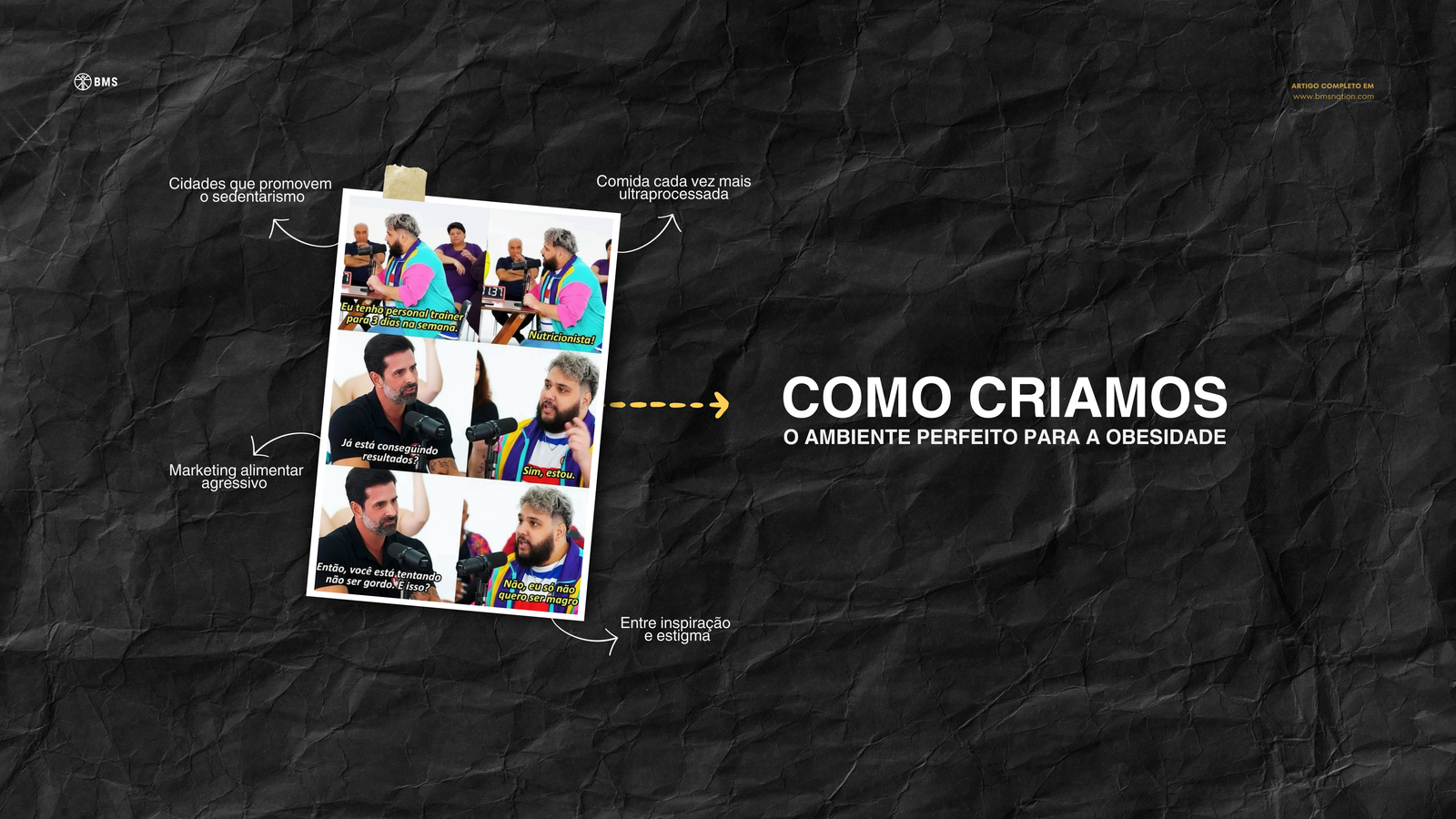For thousands of years, our ancestors lived without gyms, calorie counters, or fad diets. Still, obesity wasn't a significant problem. So, what changed to get us to where we are today, where rates of overweight and related diseases are rising at an alarming rate?
The answer isn't simple. It's not just a matter of "lack of willpower" or being "lazier" than previous generations. This reductionist narrative ignores social, environmental, and cultural factors that shape our daily behaviors.
Less movement in everyday life
We live in cities designed for cars, not people. Many can't afford to live in walkable neighborhoods or close to work. Long hours spent sitting, busy schedules, and a lack of energy at the end of the day result in less movement, less calorie expenditure, and, inevitably, more sedentary behavior.
More food, but not always better
We've never had so much food available, accessible, and affordable. The problem is that much of it is ultra-processed, nutrient-poor, and extremely high in calories. Products that are easy to store, transport, and consume, found on every street corner, compete directly with fresh, natural foods.
The weight of marketing
If food was once essentially a matter of survival, today it's also a matter of persuasion. The food industry invests millions in marketing campaigns to encourage constant consumption. Just turn on the television, open your cell phone, or walk down the street: the messages are everywhere, almost always promoting fast food and ultra-processed foods.
The obesogenic environment
The combination of these factors creates what many experts call an "obesogenic environment": a context in which everything around us encourages weight gain. It's not that we no longer have choices, but making the healthiest choices has become a much greater challenge than it once was.
Not just individual choices
Of course, personal decisions have an impact. But reducing obesity to a matter of "discipline" or "laziness" is unfair and simplistic. The truth is, we live in practically perfect conditions for gaining weight. Recognizing this doesn't relieve us of our responsibility, but it helps us understand the scale of the battle.
Between inspiration and stigma
Promoting healthy habits is essential. However, when this turns into a moralistic discourse that points fingers and judges those who struggle with weight, it stops being health promotion and becomes a form of bullying. The stigma of obesity remains strong, fueled by those who have never faced these difficulties firsthand.
Conclusion
Obesity isn't the result of laziness or a lack of character. It's the result of a set of factors that go far beyond individual decision-making and are ingrained in the way we live today: from the way cities are built, to what we find on supermarket shelves, and the constant bombardment of food marketing.
Therefore, more than judgment, what we need is to create environments that facilitate healthier choices, offer clear information, and ensure access to appropriate care. Essentially, we need to replace blame with understanding and transform criticism into support. Only then can we build true health promotion.

